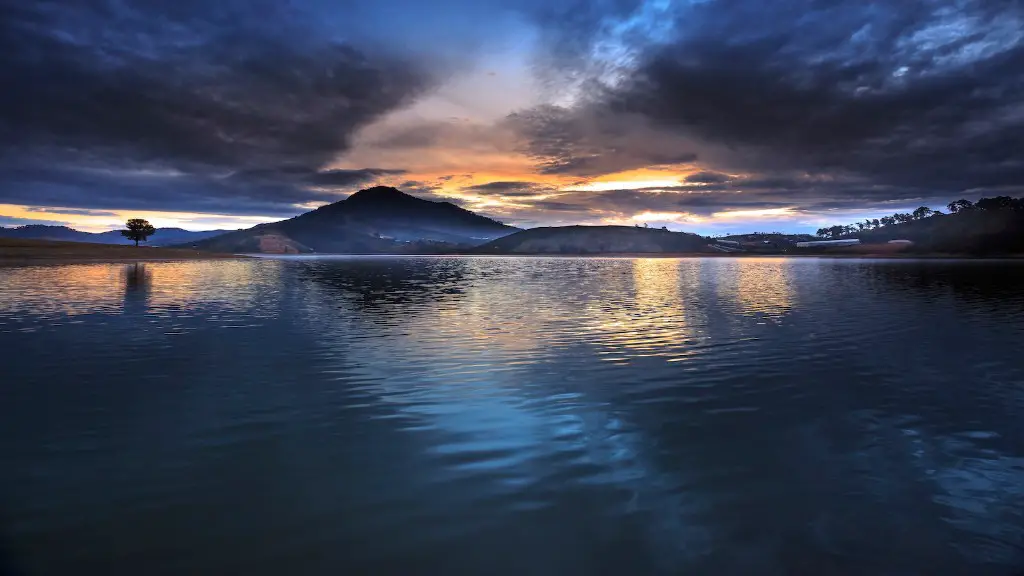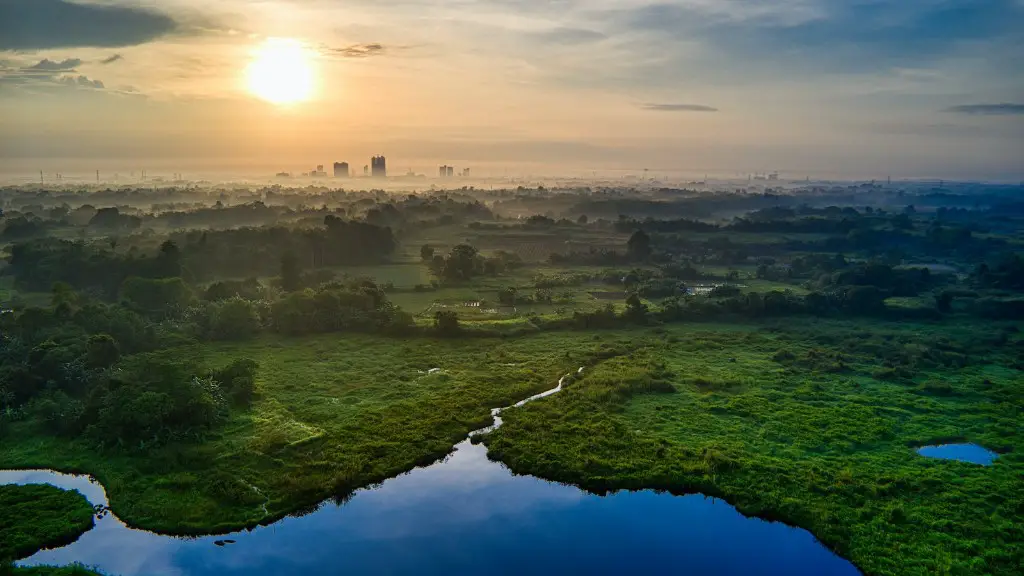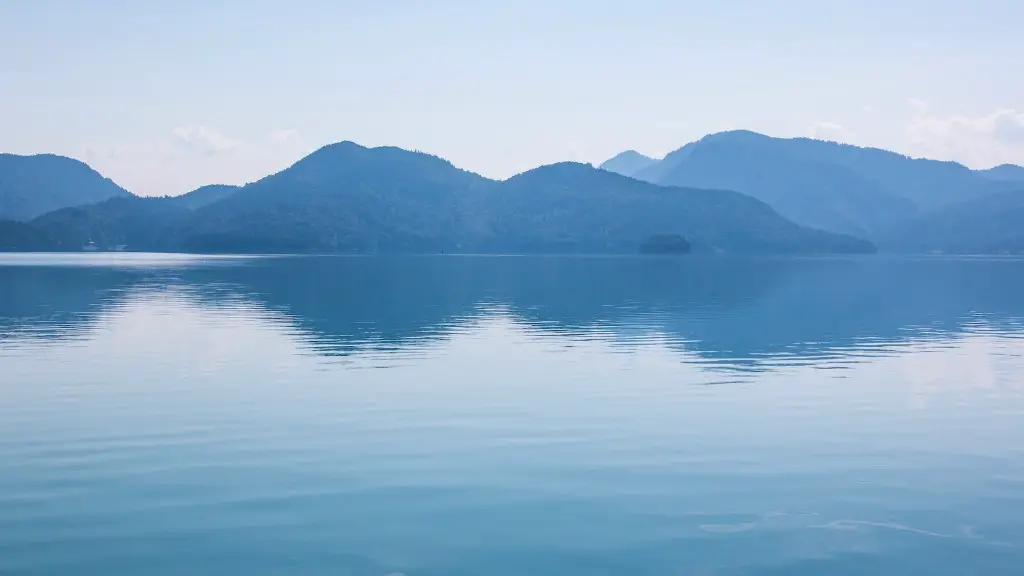Background
Lake Baikal is the deepest and most ancient lake in the world, located in Siberia in the Russian Republic. It is the oldest, largest and most voluminous body of fresh water on the planet, being at least 25 million years old. It is sometimes referred to as the ‘Pearl of Siberia’, as it is universally recognized as one of the natural wonders of our planet. The maximum depth of Lake Baikal is 1637 meters, with a total area of 31,500 square kilometers and an average depth of 740 meters. This is roughly equivalent to the area of Lake Ontario, which covers 18,960 square kilometers.
How Much Water Is In Lake Baikal?
The lake holds around 20% of the world’s fresh water reserves, with roughly 23,000 cubic kilometers of water. To put this into perspective, that’s enough water to fill Lake Huron and Lake Michigan twice over. The lake’s entire watershed is flowing into it, with the main inflows of the Selenga River, the Barguzin River and the Chivyrkuy Bay. Evaporation is the only outflow from the lake, leaving it a closed system that sustains one of the world’s most unique ecosystems.
Unique Ecosystem
The lake supports high species diversity with over three thousand species of plants and animals, of which two thirds are found nowhere else on earth. The high oxygen content and low temperatures create an ideal environment for its wide range of endemic species. This includes the Baikal Sturgeon, one of the world’s rarest fish, and the only freshwater seal, the Baikal Seal. The lake also contains a wide variety of invertebrates and plankton, which provides the basis of a sustainable food chain.
Environmental Challenges
Unfortunately, Lake Baikal is not without its environmental challenges. Pollution, due to paper and pulp mills, mining, and agricultural runoff, has caused a dramatic depletion of oxygen levels in the water. This has led to rising temperatures in deeper waters and the disappearance of a number of species. Pollution from the local villages has also caused an increase in the level of toxic metals in the lake, endangering its unique biodiversity.
Protection Measures
The Russian government has introduced a number of protection measures, such as pollution controls, waste management, and limits on the number of fish that can be harvested from the lake. In recent years, the lake and its surrounding area has been made a UNESCO World Heritage Site, and attempts to restore the lake’s ecosystems have been ongoing.
Benefits Of The Lake
The lake supports the local economy in a number of ways. It provides jobs in the fishing and tourism industries, and has been a source of hydroelectric energy since the 1960s. The lake is also a source of drinking water for the local population, with its mineral-rich, clean and tasteless water having become a highly sought-after commodity.
Global Significance
Lake Baikal is of huge importance to the world, as its unique ecosystem houses many species of plants and animals that are found nowhere else on earth. It is also the source of much of the world’s freshwater, supplying drinking water to countries outside of Russia and providing the basis for many global conservation efforts.
Specific Studies On Lake Baikal
Scientists and researchers from around the globe have undertaken studies into the lake’s unique biodiversity and what impact human activity has had on them. The results of these studies have been revealing and intriguing – from the discovery of unique species of animals, to the fact that the lake can take many years to replenish itself if its ecosystems are damaged.
Tourism
Tourism is an important industry in the region, with visitors drawn to the lake’s stunning beauty and biodiversity. Many visitors partake in water activities such as boating and swimming, as well as exploring the many hiking trails that crisscross the surrounding area.
Conclusion
Lake Baikal is a hugely important source of freshwater and biodiversity, and is home to a number of unique species of animals and plants. It has faced challenges due to human activity, but a number of protection measures have been put in place to help preserve it for future generations. It is a beloved and valued natural wonder, and its significance to the world is undeniable.


